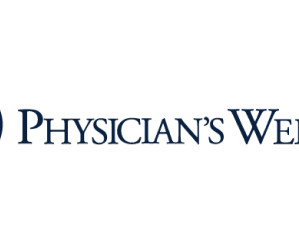Timing of Loop Ileostomy Closure Not Linked to Pouch Inflammation Risk
Physician's Weekly
JUNE 24, 2025
The study included 290 patients with ulcerative colitis who underwent ileal pouch-anal anastomosis between 2010 and 2020. The late closure group was further grouped by indication for delay: nonmedical reasons or postoperative complications.












Let's personalize your content